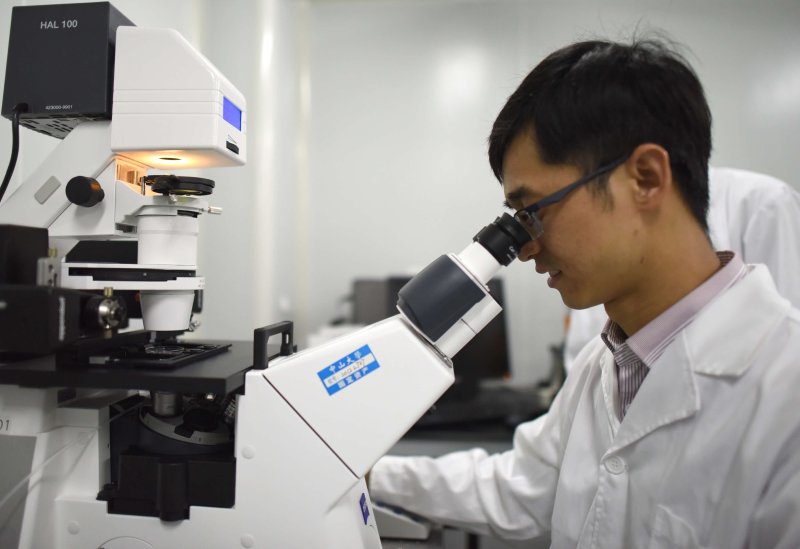China wants to go big on biotech and already is marching into experimental gene therapy.
…
So far, CAR-T has shown extraordinary results. More than 60 percent of children treated with Kymriah were cured, while the rate of full remission for patients treated with Yescarta was more than half. The big problem is price. Kymriah costs $475,000 for a single treatment; Yescarta goes for $373,000. Now China reckons it can do this better and cheaper.
…
Already, China has one therapy commercially available in a free-trade zone for medical tourism on the resort island of Hainan. The product, made by Innovative Cellular Therapeutics Co., sells for 490,000 yuan ($76,000) per treatment. Prices for CAR-T can be expected to drop below 100,000 yuan in three years, according to local media reports.
It’s not hard to see the potential. For one thing, China’s huge population means an abundance of patients for trials. For another, the nation is now flooded with venture-capital money to throw at well-qualified “sea turtles” — as returning Chinese expats are known — to build world-class medical labs at home.
…
Pricing aside, will Chinese patients accept the notion of genetically altered cells? They may not be fans of genetically modified food, viewing it as an unnecessary risk to health. But when taking that risk is the only way to save lives, attitudes can change quickly.
Read full, original post: China’s Great Leap Into Biotech































